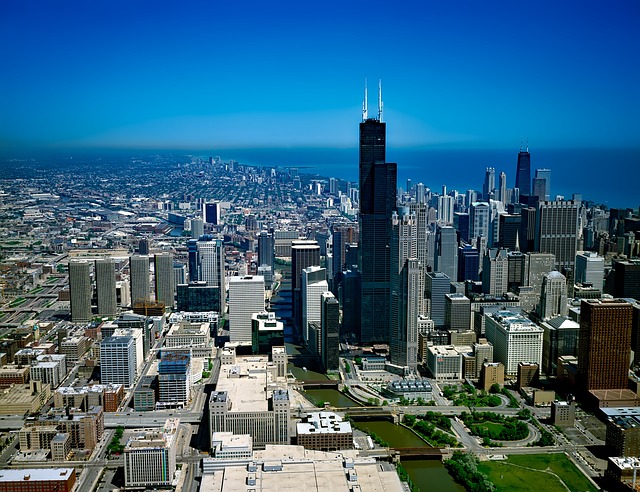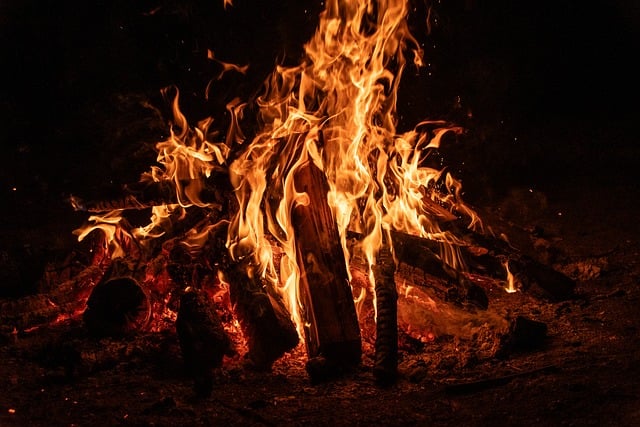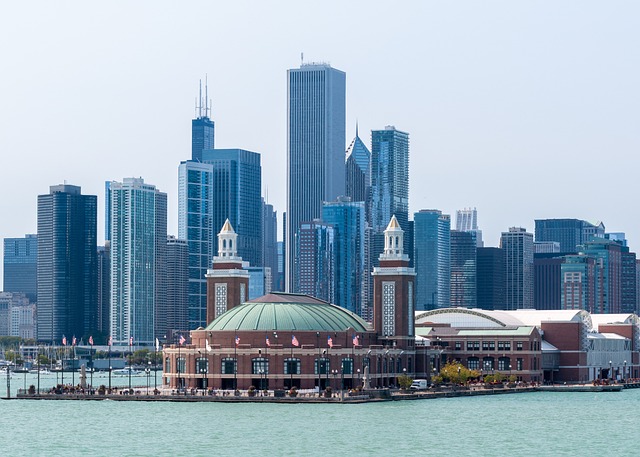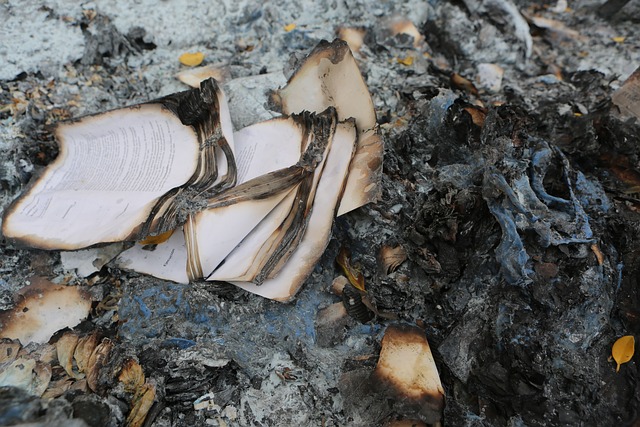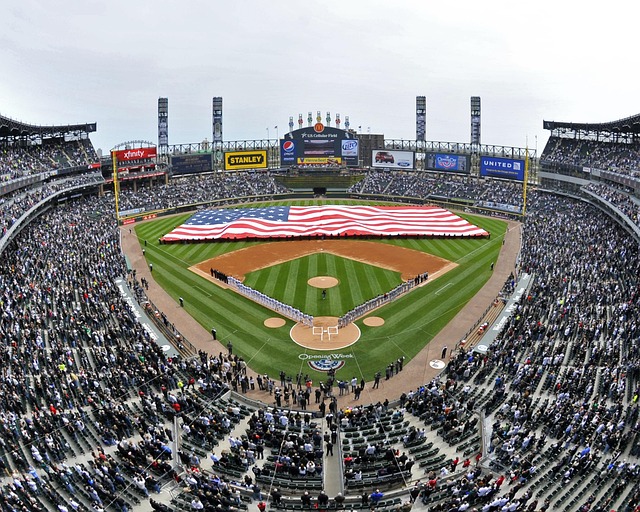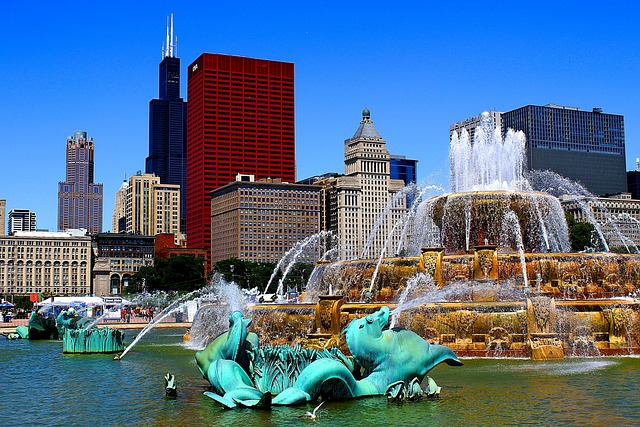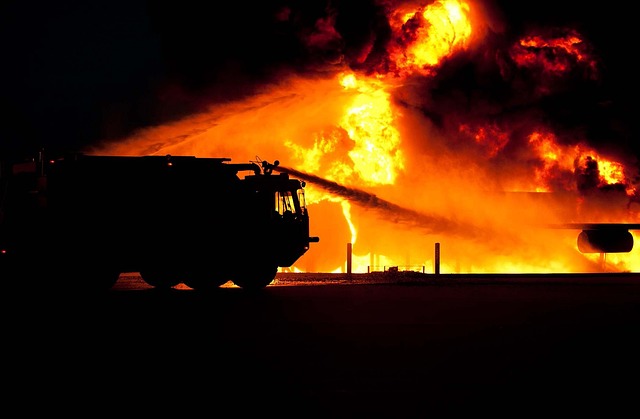Selling a fire-damaged home in Chicago comes with specific legal obligations under Illinois property disclosure laws. Sellers must transparently reveal known defects, including past fires, their causes, extent of damage, and subsequent repairs to avoid lawsuits. Non-disclosure can lead to disputes, financial strain, and reduced selling prices. Buyers have the right to inspect and request details. Understanding these laws is crucial for a smooth sales process that protects both parties from potential legal issues.
In the bustling real estate market of Chicago, understanding Illinois’ property disclosure laws is paramount, especially when dealing with fire-damaged homes. This comprehensive guide navigates the intricate legal landscape surrounding disclosures, focusing on Chicago’s unique requirements. We demystify what constitutes fire damage and explore the seller’s legal obligations. Learn about potential consequences of non-disclosure and discover common exclusions. By understanding these aspects, both sellers and buyers can ensure a transparent and legally sound real estate transaction when selling a fire-damaged home in Chicago.
- Understanding Property Disclosure Laws in Illinois
- What Constitutes a Fire Damage Disclosure?
- Legal Obligations for Home Sellers in Chicago
- The Impact of Non-Disclosure on Real Estate Transactions
- Common Exclusions and Exceptions to Disclosure Requirements
- Protecting Your Interests: A Guide for Selling a Fire-Damaged Home
Understanding Property Disclosure Laws in Illinois
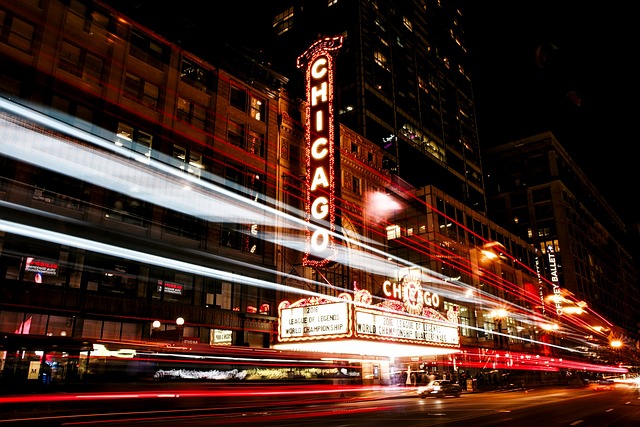
In the state of Illinois, property disclosure laws are in place to ensure transparency during real estate transactions, especially when selling a fire-damaged home in Chicago. These laws mandate that sellers disclose any known issues or damage that could affect a buyer’s decision to purchase a property. When it comes to selling a fire-damaged home, Chicago residents must be honest and open about the extent of the damage, including structural repairs needed, the cause of the fire, and any potential hazards remaining on the property.
The Illinois Property Disclosure Act requires sellers to complete and sign a disclosure form, listing all material defects they know about. This includes information about fires, floods, or other disasters that have occurred on the premises. Buyers have the right to inspect the property and may request additional information if needed. Understanding these disclosure laws is crucial for both buyers and sellers when navigating the process of selling a fire-damaged home in Chicago, ensuring a smooth and legally compliant transaction.
What Constitutes a Fire Damage Disclosure?
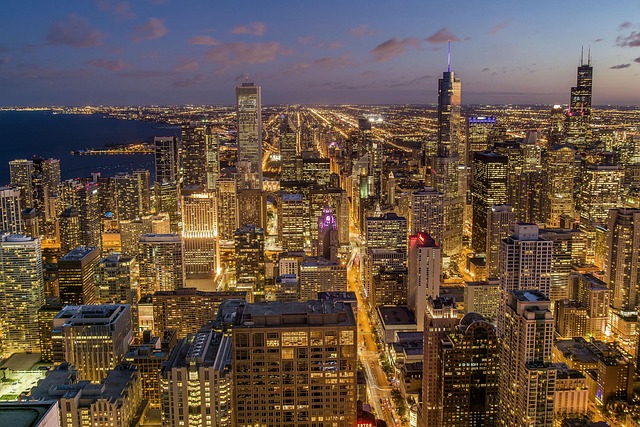
When selling a fire-damaged home in Chicago, understanding the property disclosure laws is crucial. A fire damage disclosure refers to the legal requirement to inform potential buyers about any significant fire-related incidents and the extent of the damages sustained by the property. This includes providing details on when the fire occurred, its cause, and the nature and scope of repairs carried out since. Sellers must disclose whether structural elements, such as walls, floors, or roofs, were affected, along with any potential residual risks or issues that may arise from the event.
In Chicago, sellers are obligated to provide this information in a good-faith manner, ensuring transparency throughout the transaction process. This disclosure is vital in helping buyers make informed decisions and in avoiding future legal disputes related to hidden fire damage. It’s important for both parties to understand what constitutes a substantial fire damage disclosure to ensure a smooth sales process that adheres to local regulations.
Legal Obligations for Home Sellers in Chicago

When it comes to selling a fire-damaged home in Chicago, sellers have legal obligations under property disclosure laws. In Illinois, sellers are required to disclose any known defects or material facts that could impact a buyer’s decision to purchase a property. This includes revealing past damage, such as fire damage, and providing information about the extent of the damage and any repairs conducted.
In Chicago, selling a fire-damaged home requires transparency and accuracy in disclosures. Sellers must accurately describe the nature and scope of the fire damage, including any structural issues, water damage, or mold that may have resulted from the incident. Failure to disclose such information could lead to legal consequences, including potential lawsuits for fraudulent misrepresentation if buyers later discover undisclosed defects.
The Impact of Non-Disclosure on Real Estate Transactions
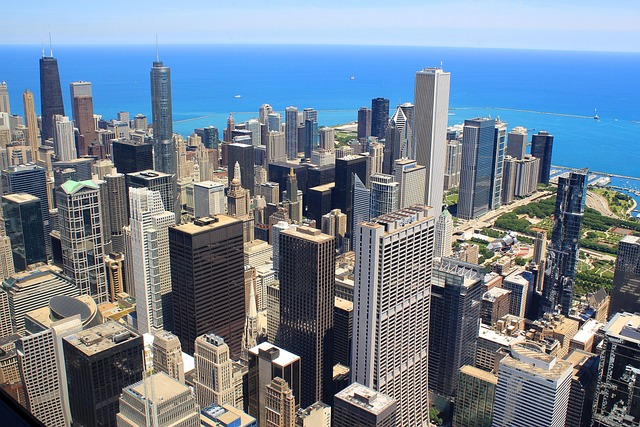
In real estate transactions, especially when selling a fire-damaged home in Chicago, full and accurate property disclosure is paramount. Non-disclosure or incomplete information can have significant impacts on both buyers and sellers. For buyers, it may lead to unforeseen costs and delays as they uncover hidden issues post-purchase. This can result in legal disputes and financial strain, especially if structural damage was not disclosed. On the other hand, sellers risk losing potential buyers who are cautious about investing in properties with undisclosed issues, potentially lowering their selling price or prolonging the sale process.
Chicago’s property disclosure laws are designed to mitigate these risks by mandating that sellers reveal relevant information about the property’s history and condition. This includes details about past damage, repairs, and any known defects. For instance, if a home has undergone fire damage, buyers should be informed about the extent of the harm, the year it occurred, and the subsequent renovations to ensure transparency throughout the selling process. Such openness fosters trust and allows all parties involved to make informed decisions, ensuring smoother real estate transactions.
Common Exclusions and Exceptions to Disclosure Requirements
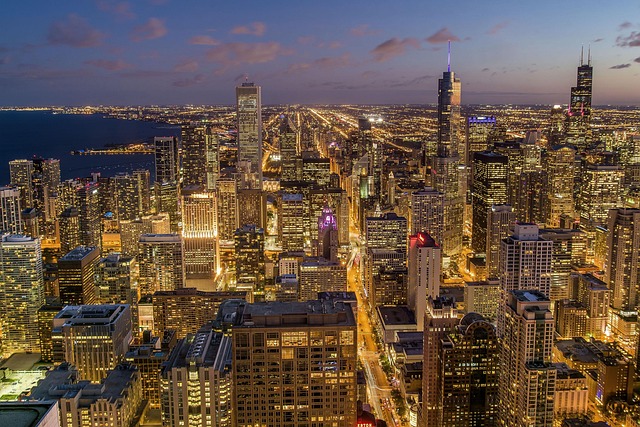
When it comes to selling a fire-damaged home in Chicago, there are certain aspects that typically fall outside the property disclosure requirements. These exclusions and exceptions can include situations where damage is isolated to specific areas, such as a kitchen fire that only affected that particular room. Additionally, if the fire occurred many years ago and has been adequately repaired with no visible signs of damage, it may not need to be disclosed.
However, even in these cases, sellers must exercise caution. They should consult with legal professionals to understand their obligations and potential liabilities. It’s crucial to remember that buyers are entitled to know the full extent of any issues that could impact their investment, so transparency is key.
Protecting Your Interests: A Guide for Selling a Fire-Damaged Home
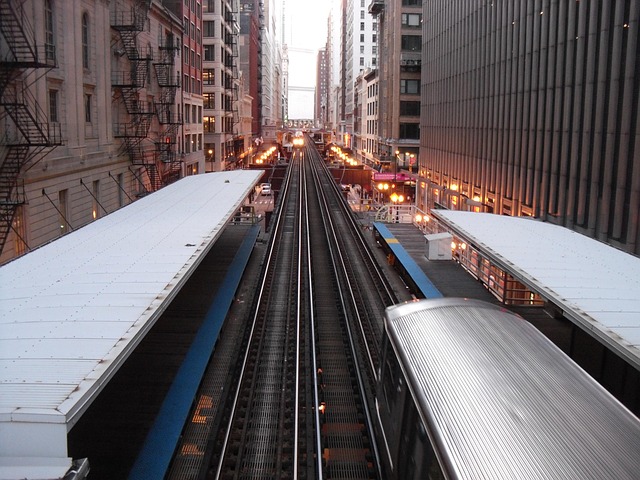
When selling a fire-damaged home in Chicago, understanding your legal obligations and protecting your interests is crucial. Illinois property disclosure laws require sellers to disclose any known defects or material facts that could negatively impact the property’s value. In the case of fire damage, this includes structural issues, water damage, and potential health hazards like mold growth. Failure to disclose such information can lead to legal repercussions and financial losses for the buyer.
To safeguard your interests during the selling process, thoroughly document the extent of fire damage and any repairs or remediation efforts made. Keep records of all communications regarding the property’s condition with buyers and their representatives. Consider hiring a professional inspector to assess the damage and provide an accurate report. This not only helps in disclosing potential issues transparently but also serves as evidence should any disputes arise post-sale.
When selling a fire-damaged home in Chicago, understanding and adhering to Illinois’s property disclosure laws is crucial. These regulations ensure transparency throughout real estate transactions, empowering buyers and protecting sellers’ interests. By accurately disclosing fire damage and potential related issues, sellers can mitigate legal risks and foster trust with prospective buyers, ultimately facilitating a smoother sale process for a selling fire-damaged home in Chicago.
